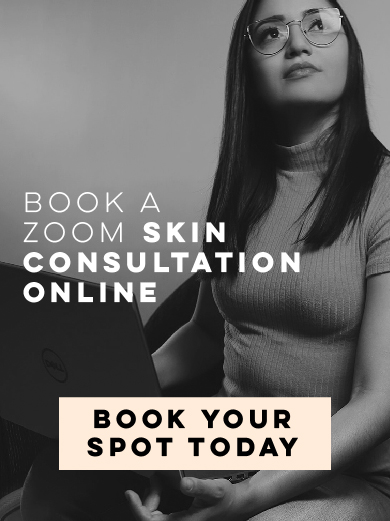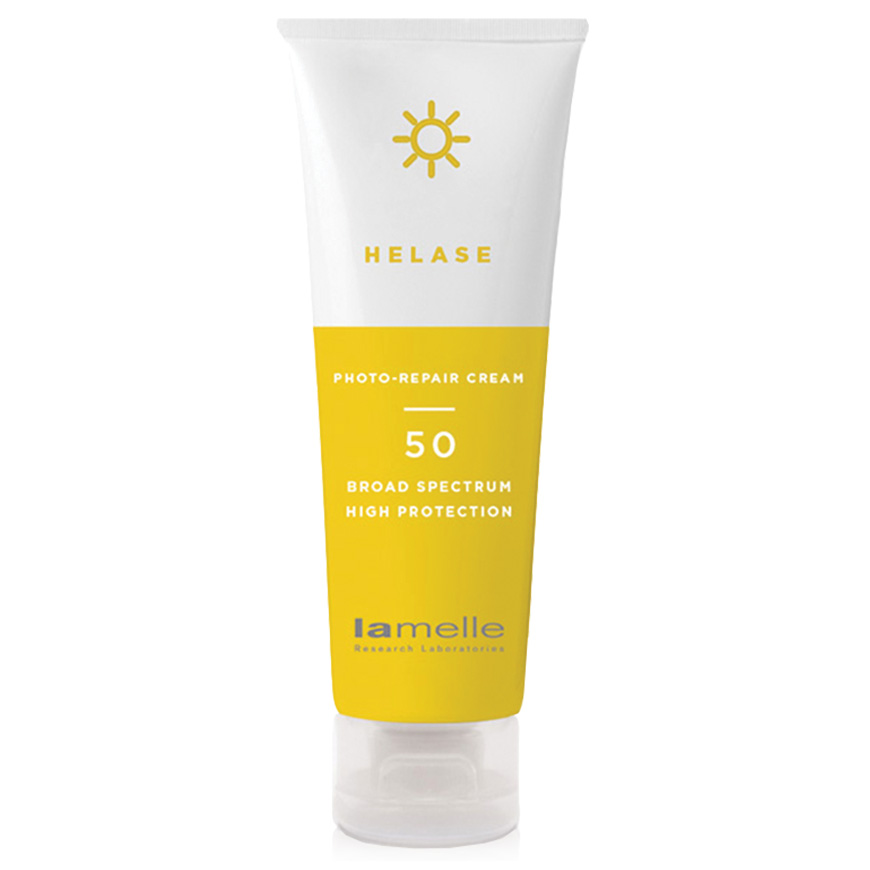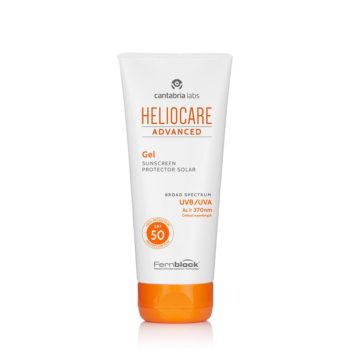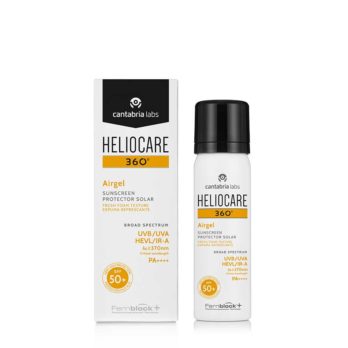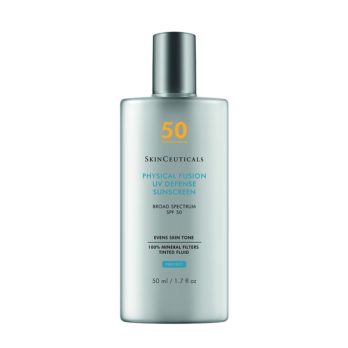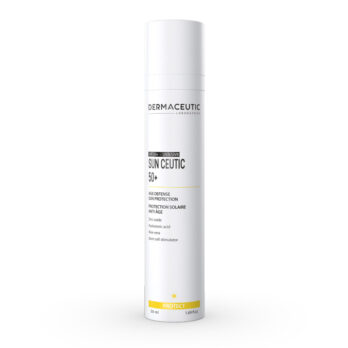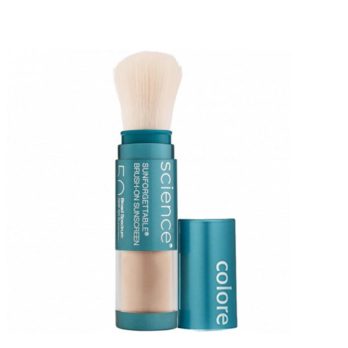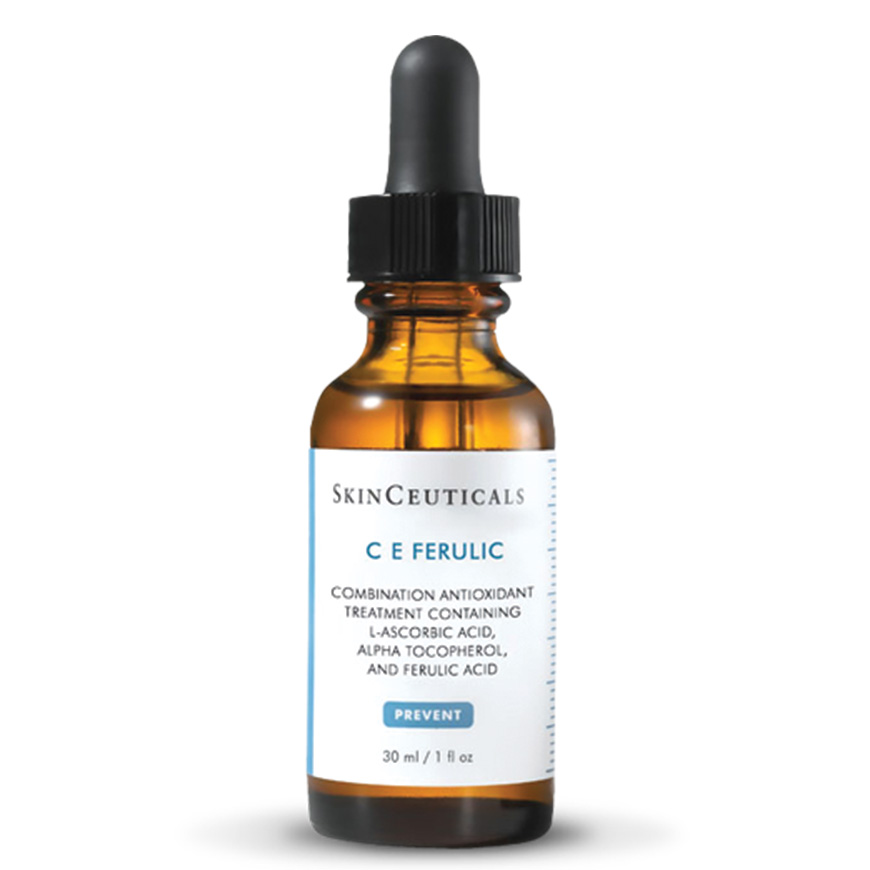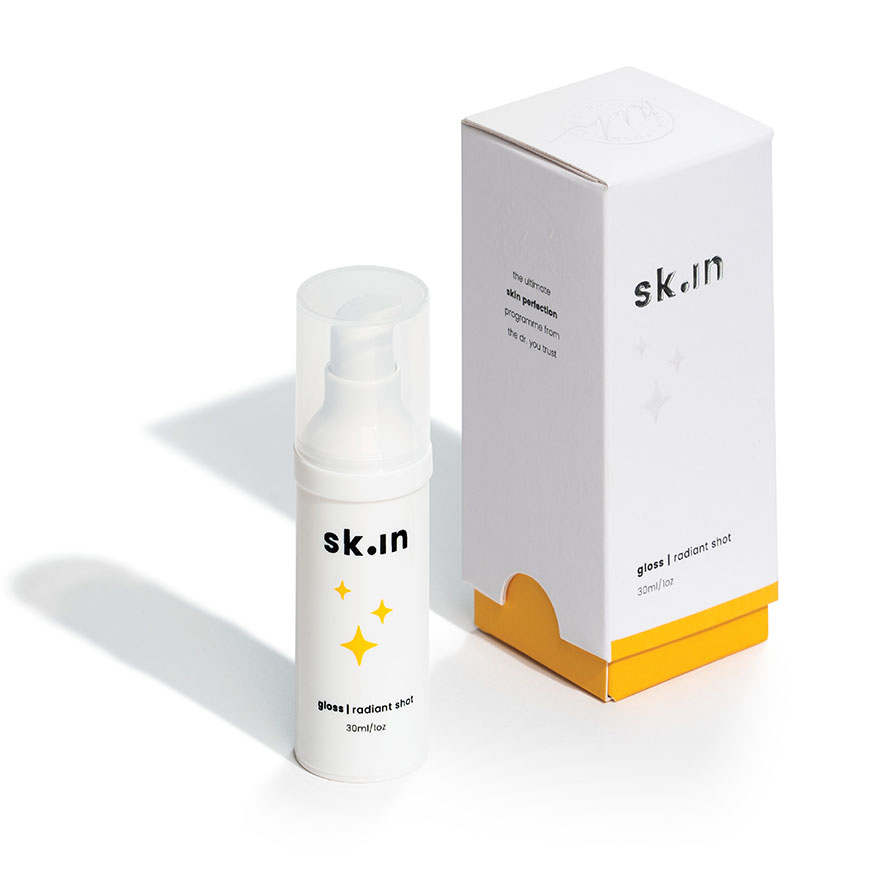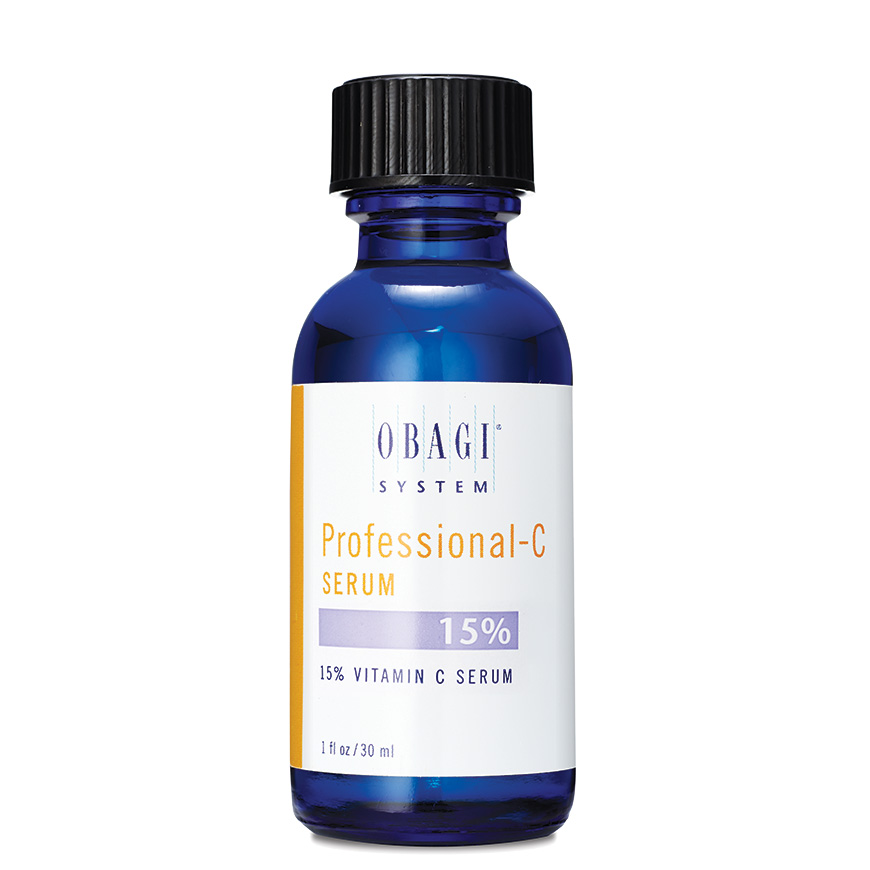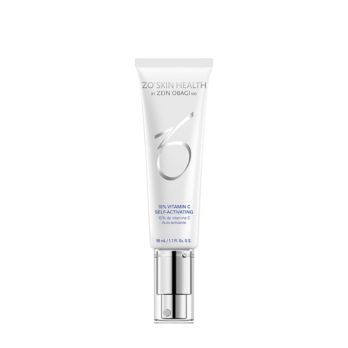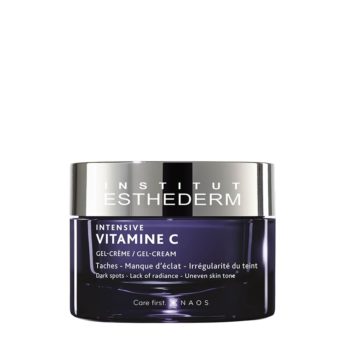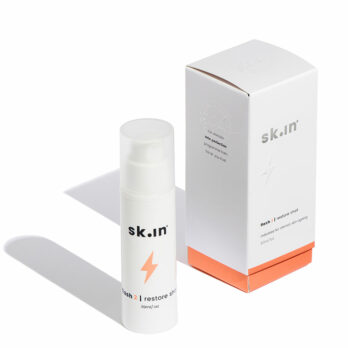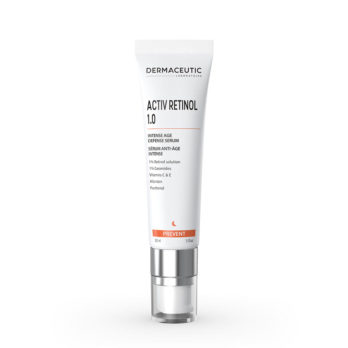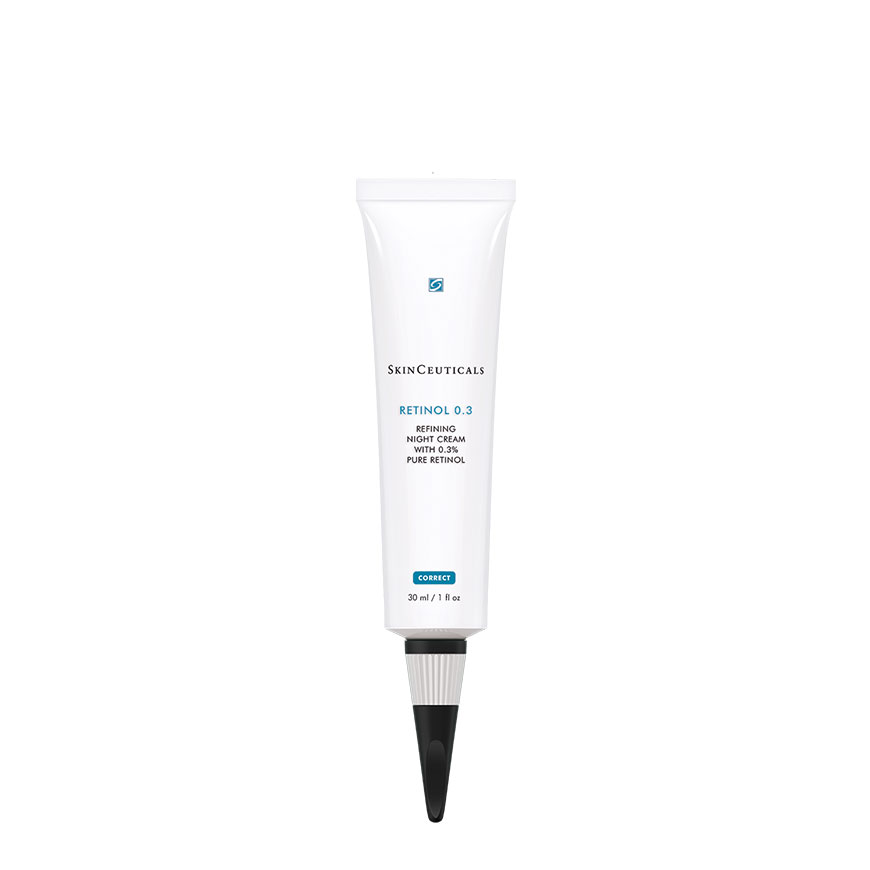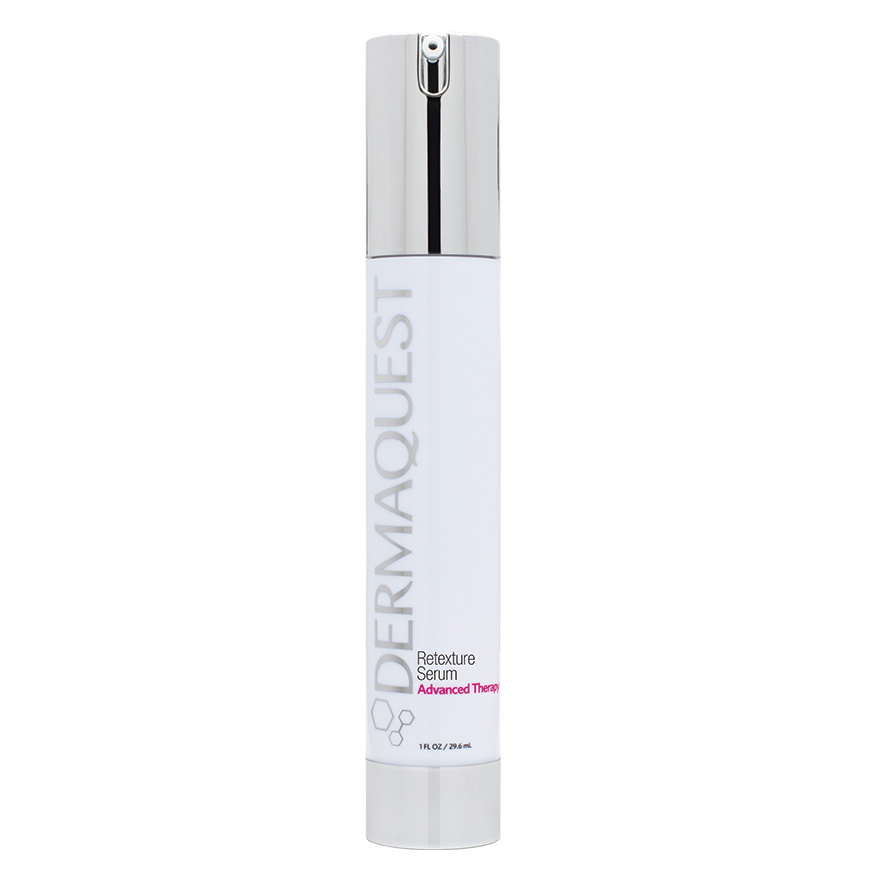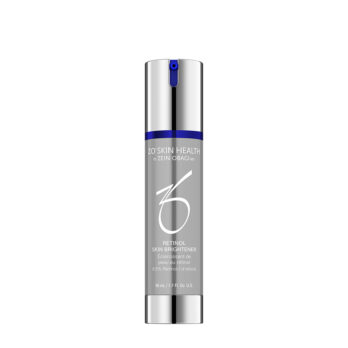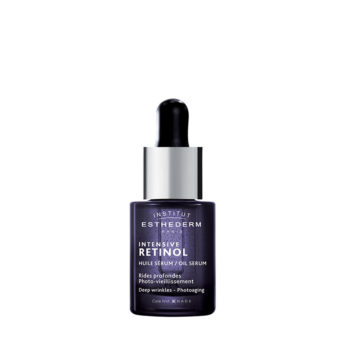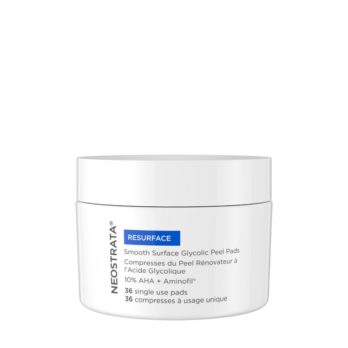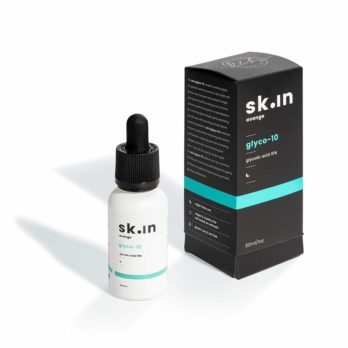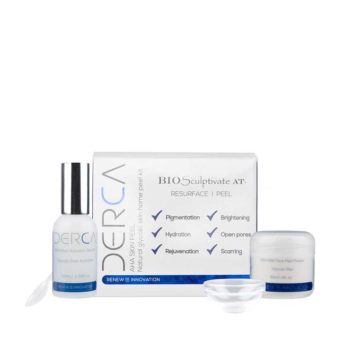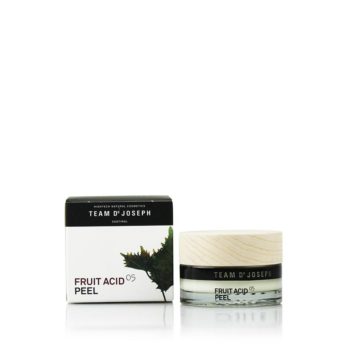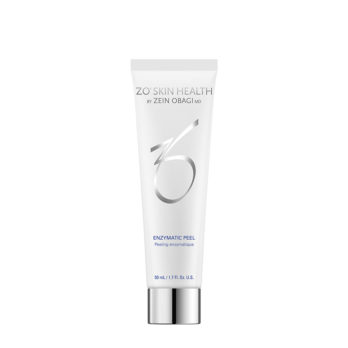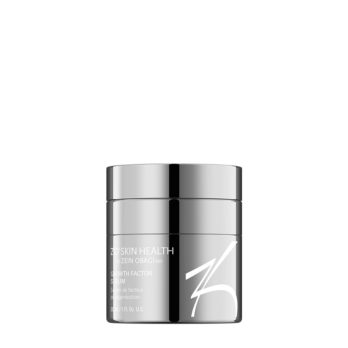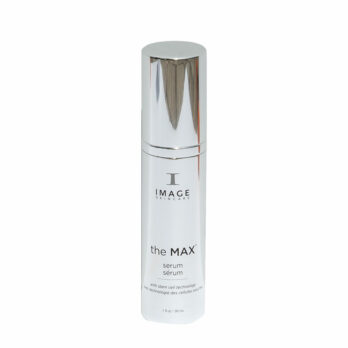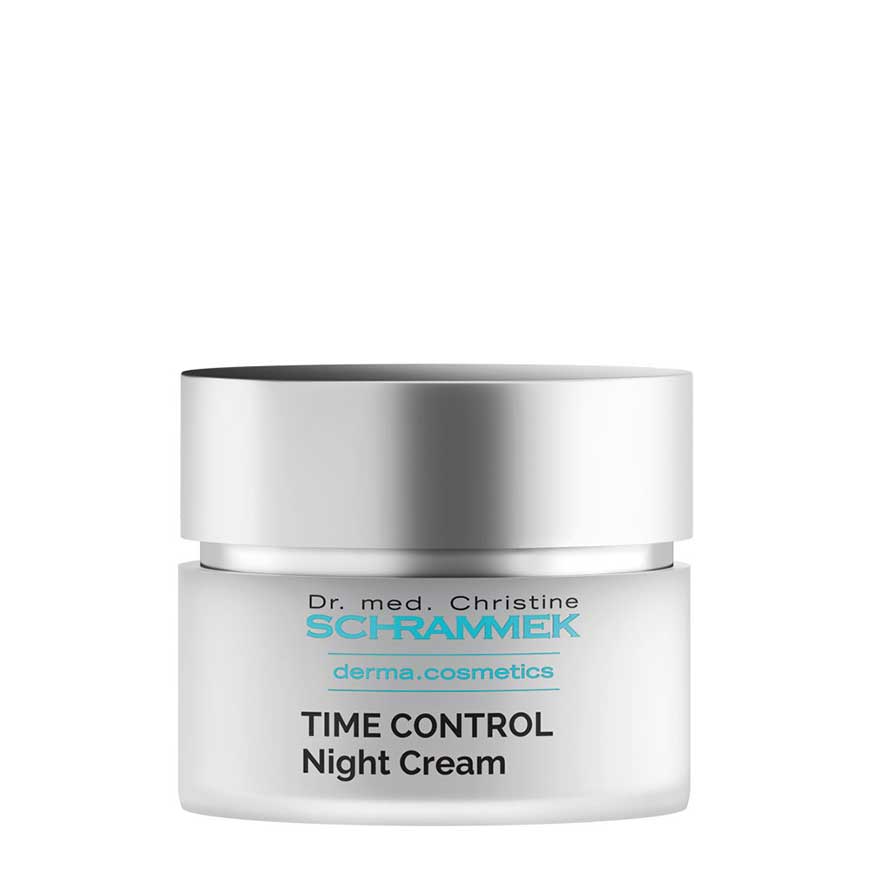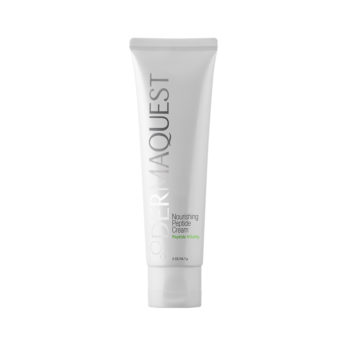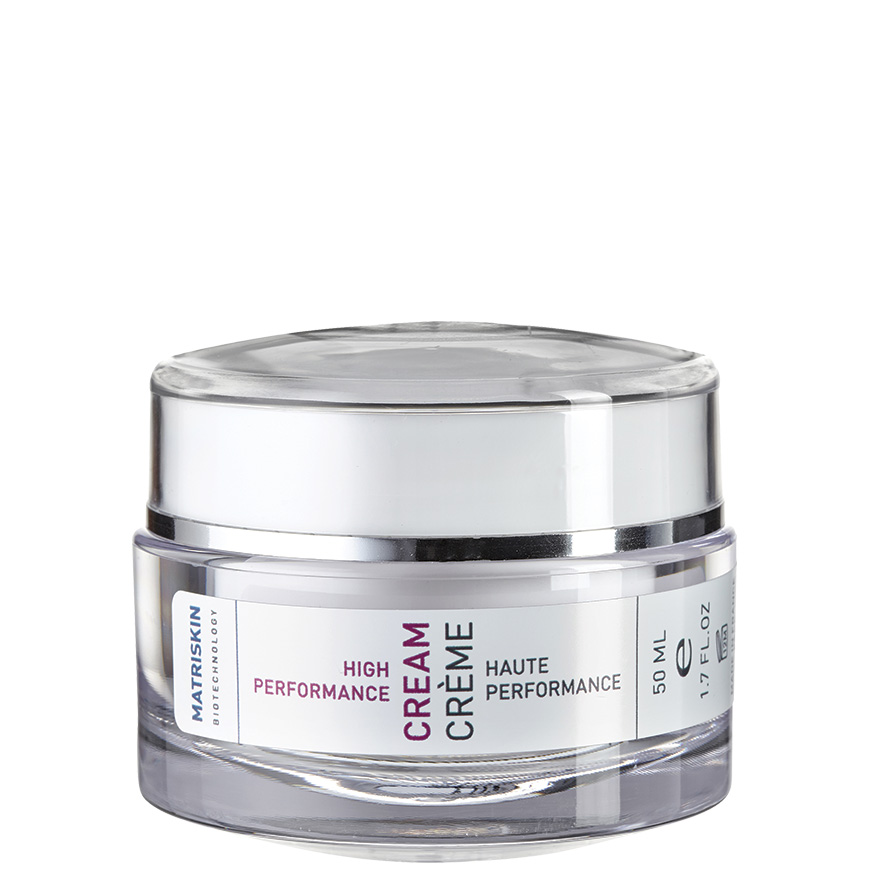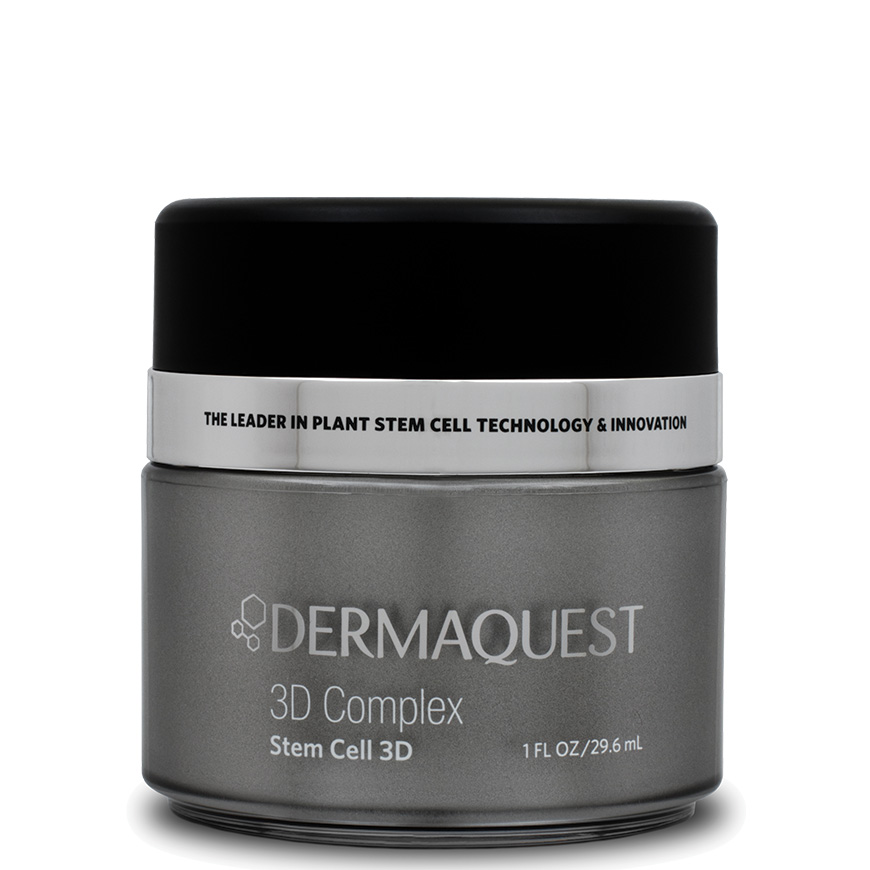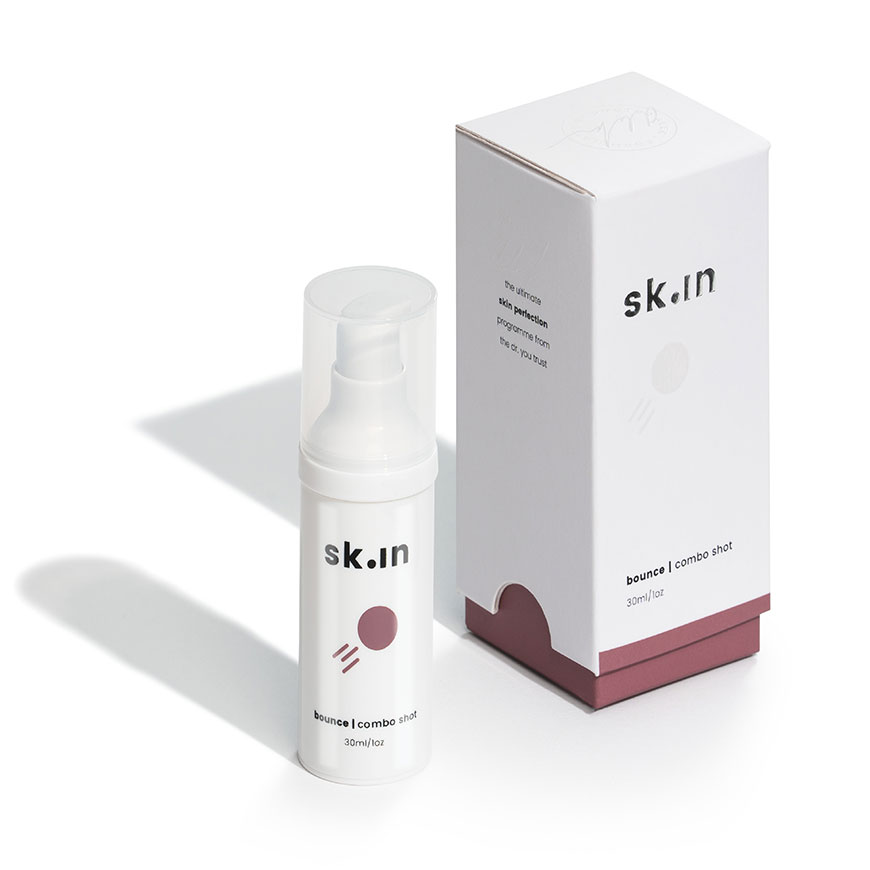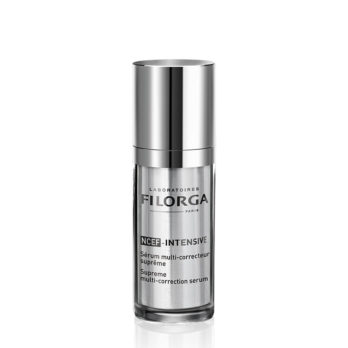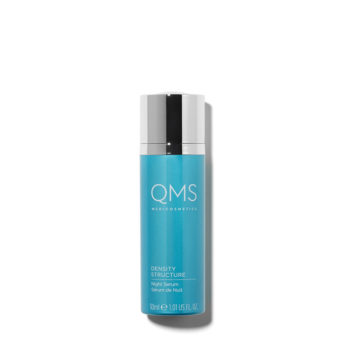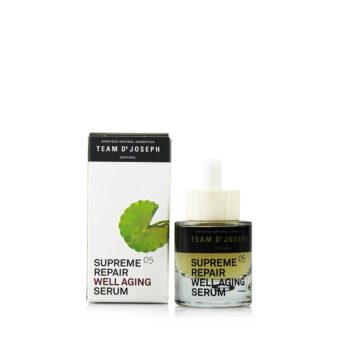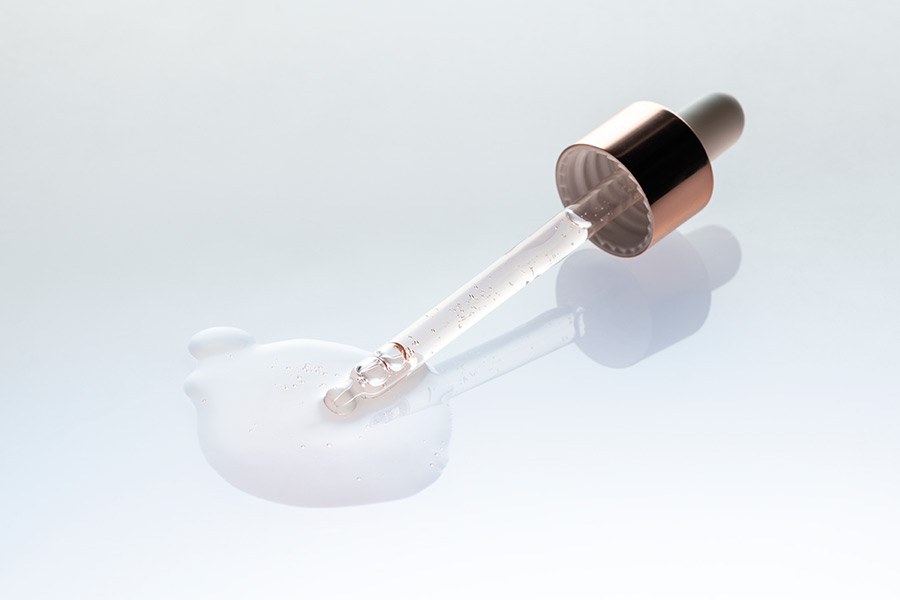As you age, lifestyle factors like exposure to the sun, smoking, and your favourite drinks (we’re sorry) can take their toll on your skin. Not to mention your body produces less and less collagen. Daunting, yes, but not hopeless. Incorporate these simple preventative and corrective steps into your skincare regimen (and call off the search for that fountain of youth).
In your 20s…
Wear Sunscreen
You might be spending all the money in the world on anti-ageing treatments, but unless you’re using an SPF, it won’t make any difference. The sun’s rays can wreak havoc on your skin (read—cause unwanted wrinkles and sun spots, and break down collagen). We all know this. The message? Look after your skin and really step up your defence against ultraviolet rays when you’re in your 20s.
You should be wearing a mineral sunscreen daily (if you aren’t already). Look at the ingredients list for titanium dioxide or zinc oxide. Not only do these naturally occurring minerals physically block the sun’s radiation, but they also tend to be gentle on the skin. Make sure to apply it liberally every morning (after moisturising, but before foundation).
The Best Products With SPF
Start with a Vitamin C Serum
Your 20s are full of habits that can disrupt the skin like pulling all-nighters and partying. As fun as this time is, vitamin C helps you counteract damage. It’s known for being one of the strongest antioxidants. A vitamin C serum will lighten lines, firm skin, and brighten your complexion, as well as protect your skin against environmental skin damage through free radicals. Apply a few drops to your face in the morning to see a transformation.
The Best Products With Vitamin C
In your 30s…
Start Using Retinol
Your early 30s is the best time to start using retinol. What’s the hype? A derivative of vitamin A, it smooths skin texture, promotes skin renewal, brightens skin tone, reduces acne, and prevents ageing. What’s the catch? Retinol can lead to flaking, redness, and burning if used too frequently or if you’re using a percentage that’s too strong for you. While there is an adjustment period, it’s not recommended for people with overly sensitive skin. A good recommendation for sensitive skin is to use a retinol esther such as granactive retinol which minimises the potential for a skin reaction.
Here’s how to use it safely (and not have your skin freak out):
- Use only at night;
- Start with something over the counter a few times a week;
- Don’t use with other exfoliants;
- Graduate to more potent prescription retinol every night; and
- Don’t forget SPF the morning after.
The Best Products With Retinol
In your 40s…
Apply At-home Chemical Peels
Nothing leaves your complexion looking and feeling as glowing and polished as a chemical peel does. Chemical peels stimulate your skin and break down the so-called glue that holds your dead skin cells together. The result is skin that’s smoother and firmer. Sure, you can get a chemical peel at a dermatologist’s office, but staying at home is cool now. When it comes to choosing an at-home peel, look for options with a 10% glycolic acid formula.
Here’s how to safely do a chemical peel at home:
- Start just once a week;
- Apply after washing your skin;
- Follow directions;
- Use a timer; and
- Follow with a moisturiser.
The Best Products With Glycolic Acid
In your 50s…
Try Peptides
Simply put, peptides are what proteins are made of. In the world of skin care, when people refer to proteins they almost always mean collagen (or the protein that gives your skin its structure). By applying peptides to your skin, you’re sending an SOS signal to your cells to produce more collagen. Peptides in cosmetic skin products help calm and firm your skin. This #trending ingredient is safe to apply at morning and night. Our dermatologists recommend opting for a peptide-packed serum or moisturiser (which will penetrate your skin deeper than a face wash).
The Best Products With Peptides
Upgrade Your Serum
Serums mean serious business. With active ingredients, serums are pricey but their potency makes it oh so worth it. Ageing? Wrinkles? Dark spots? Concentrated serums target skin problems more effectively than other products. Just promise us this: If you invest in one thing, make it a serum.
The Best Anti-ageing Serums
SkinMiles Tip
Consulting a dermatologist, or an aesthetic medical practitioner with a special interest in skincare, or a skincare therapist, will help you to learn what skincare products will be the most beneficial for every age (and how to use them safely).
Yours in skin,
Dr Alek and the SkinMiles Team

